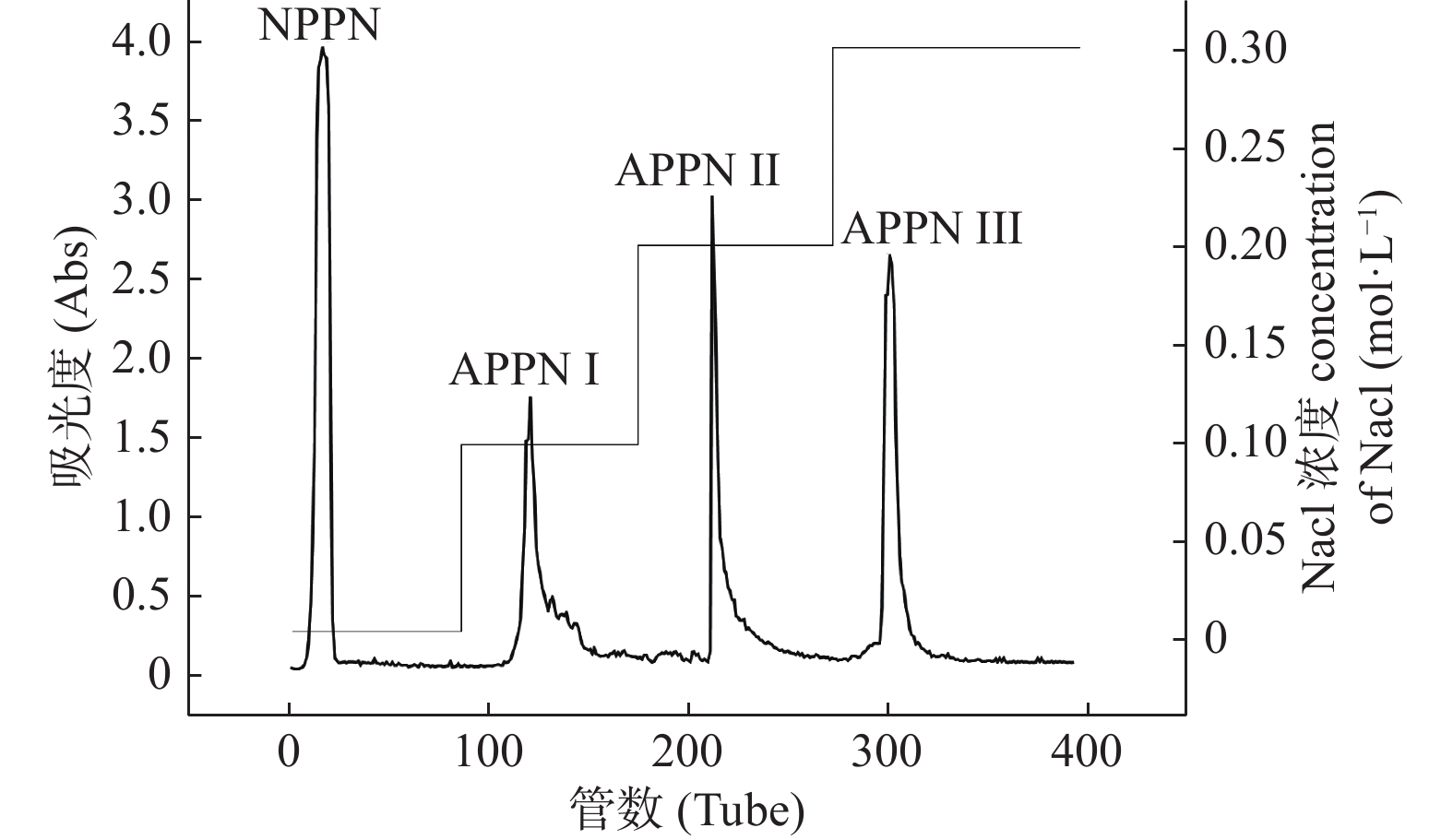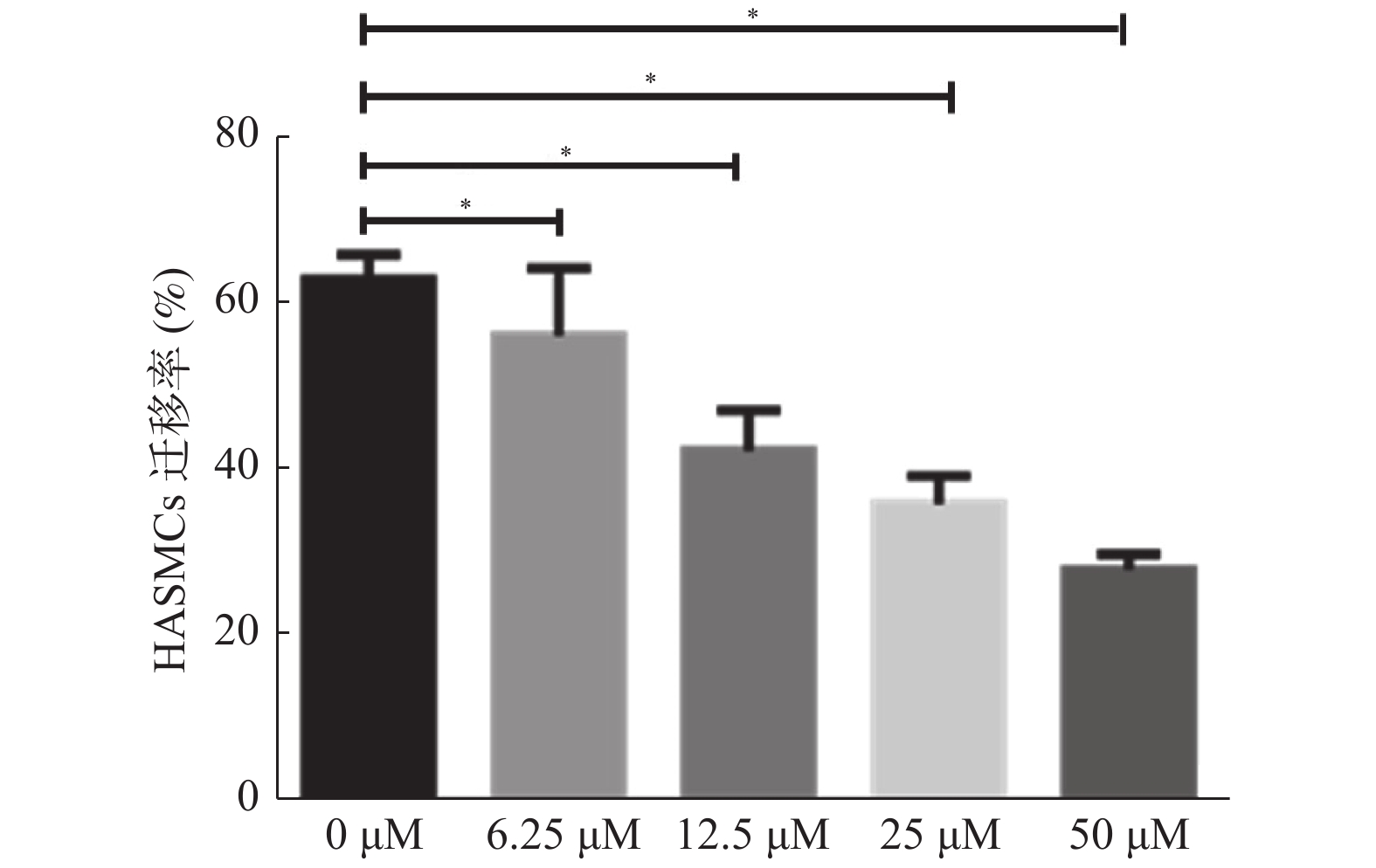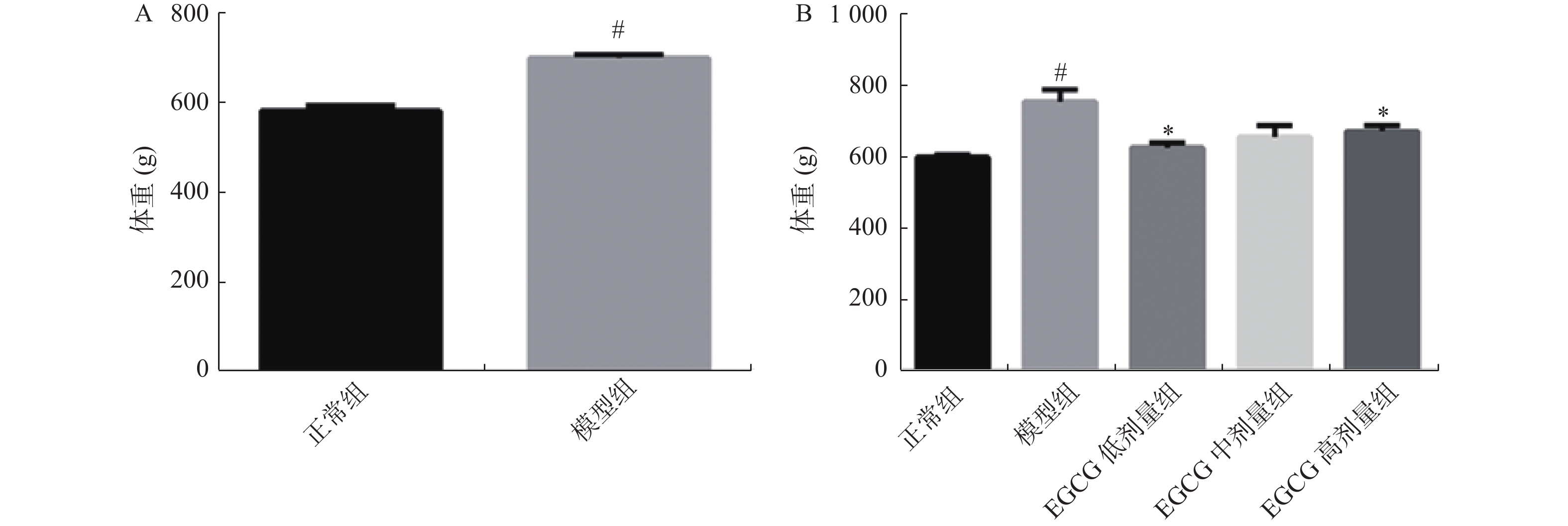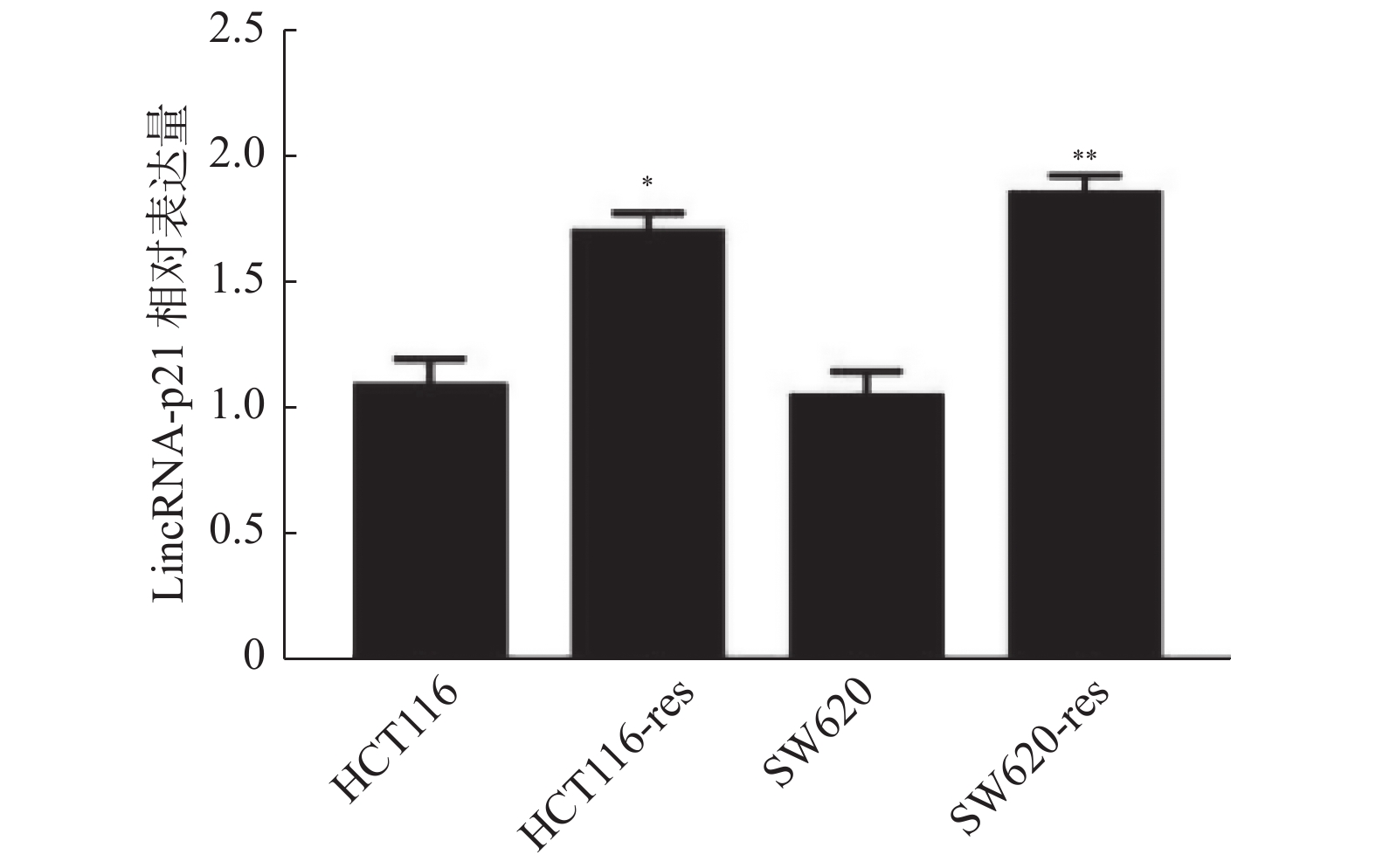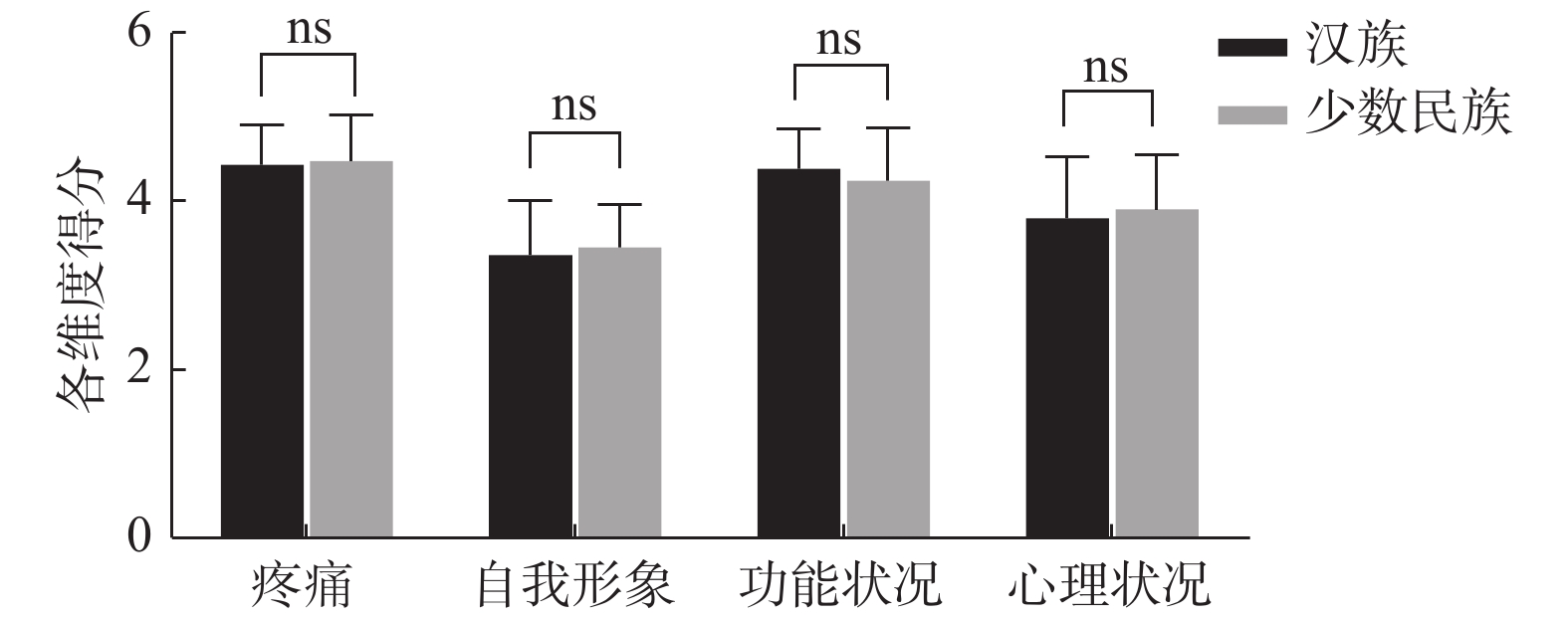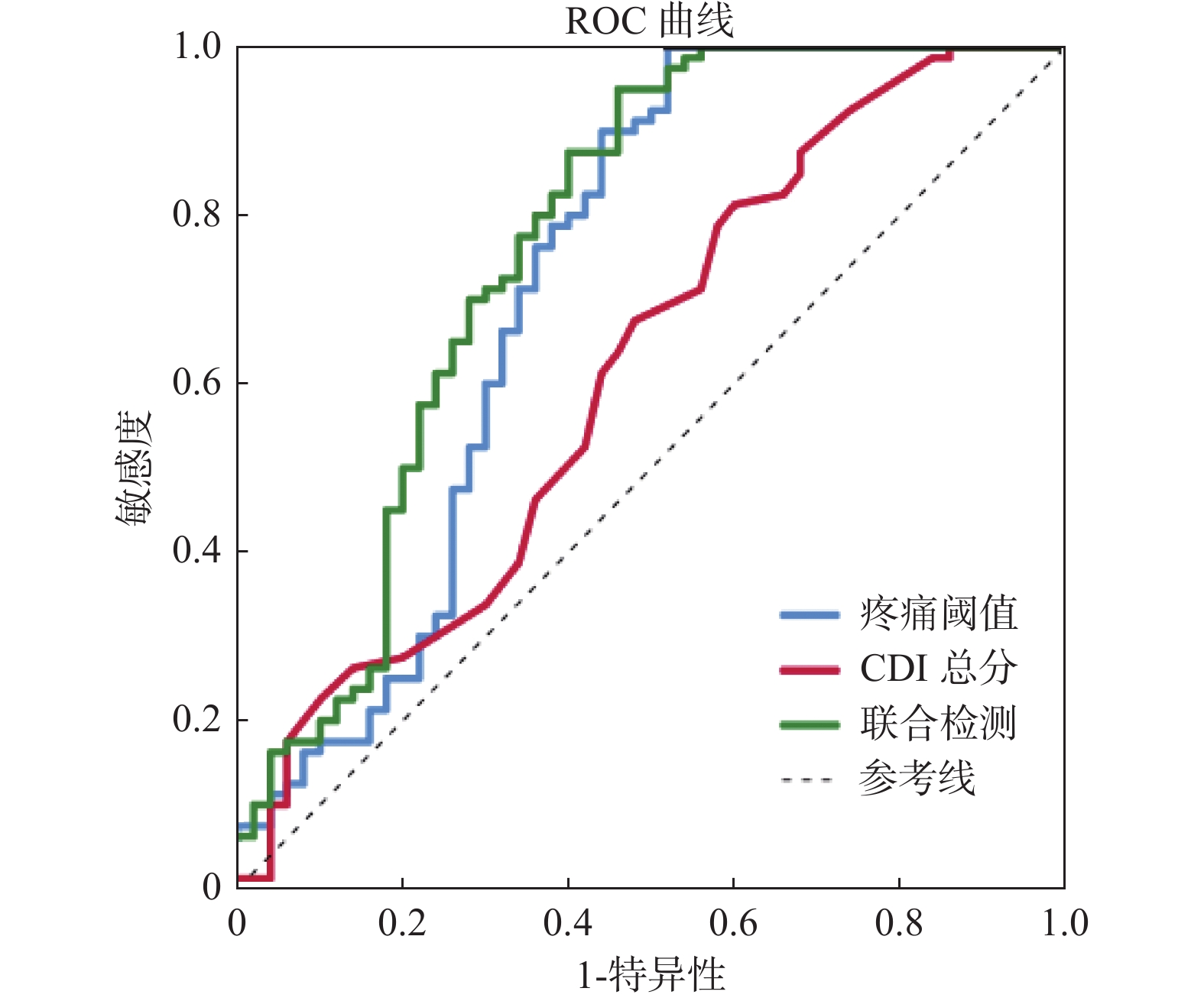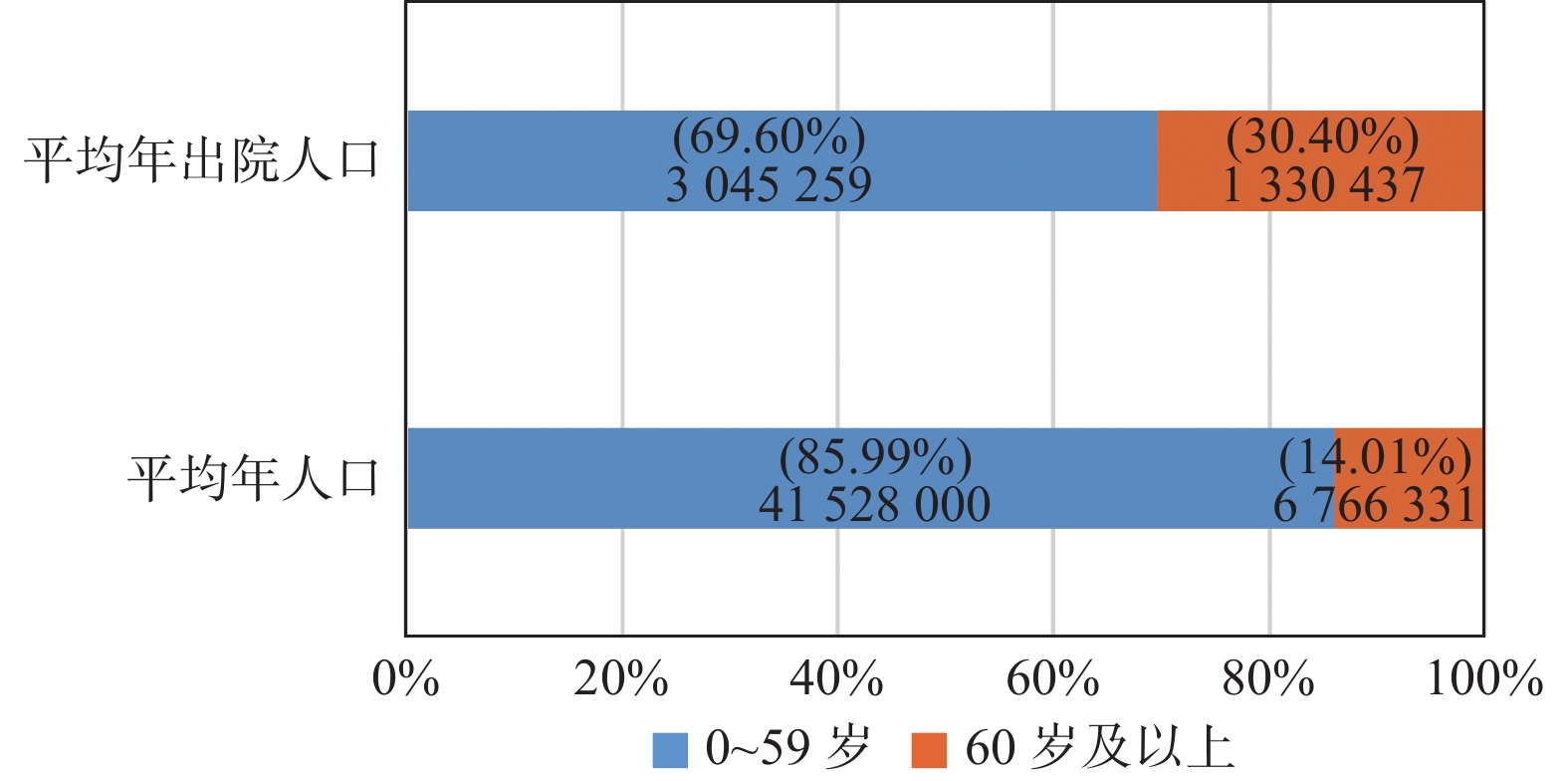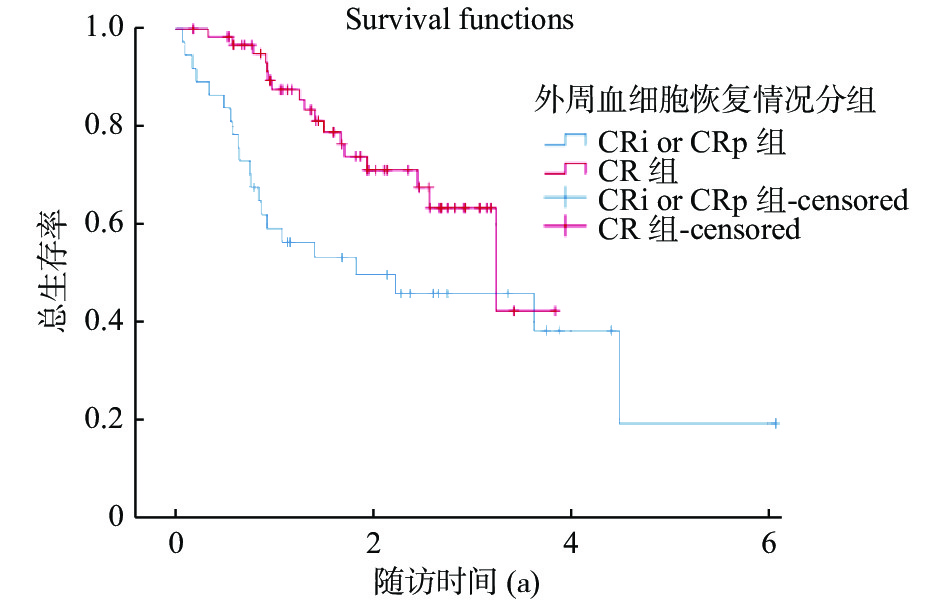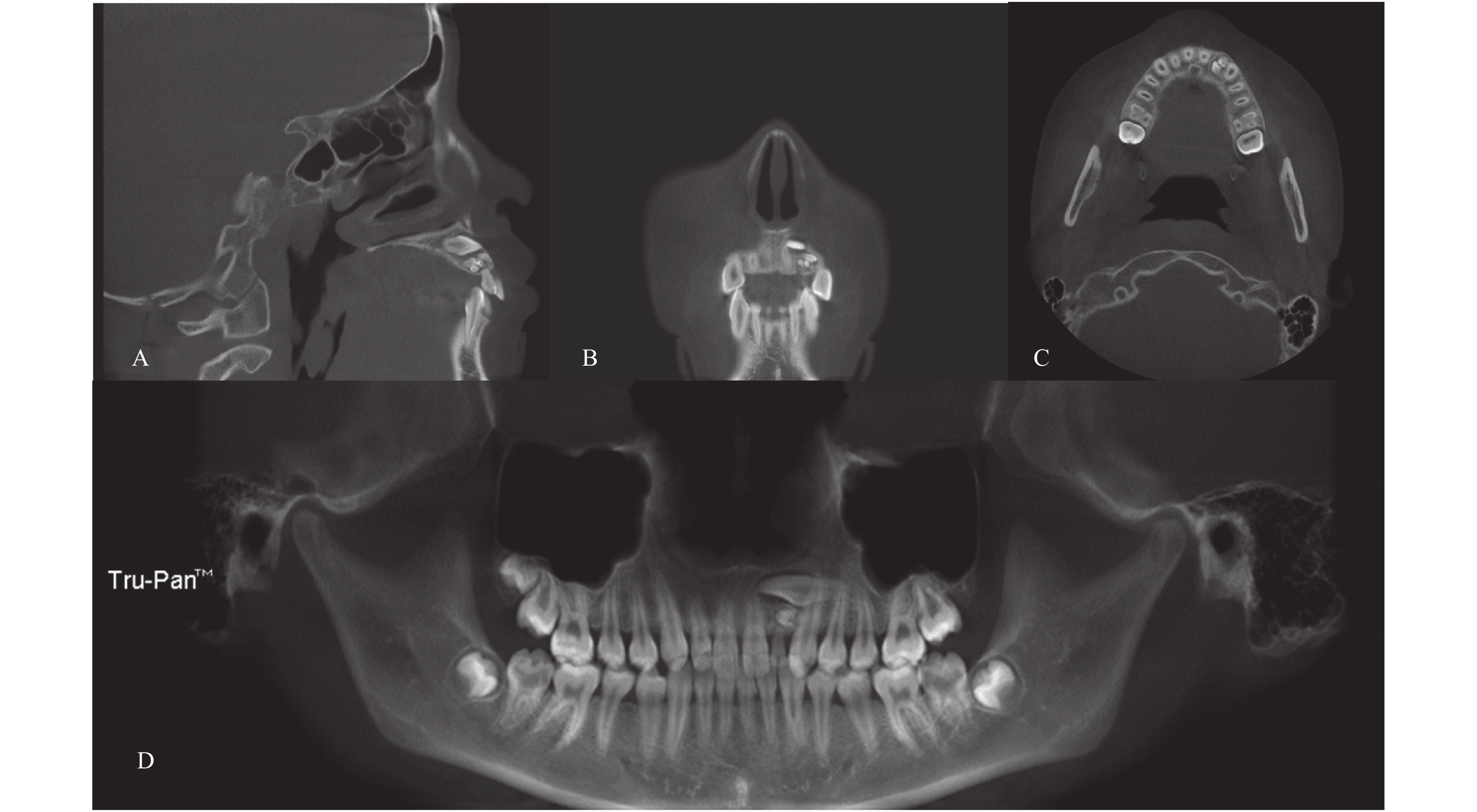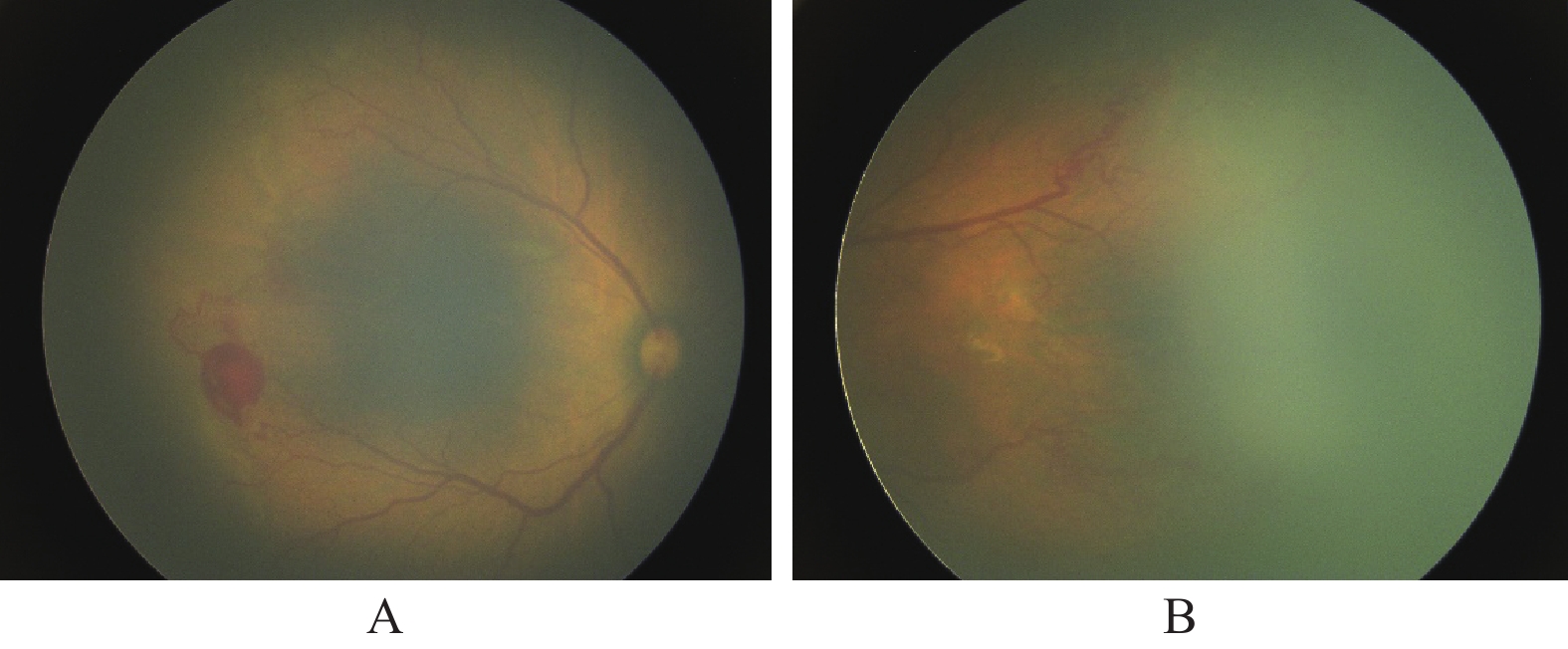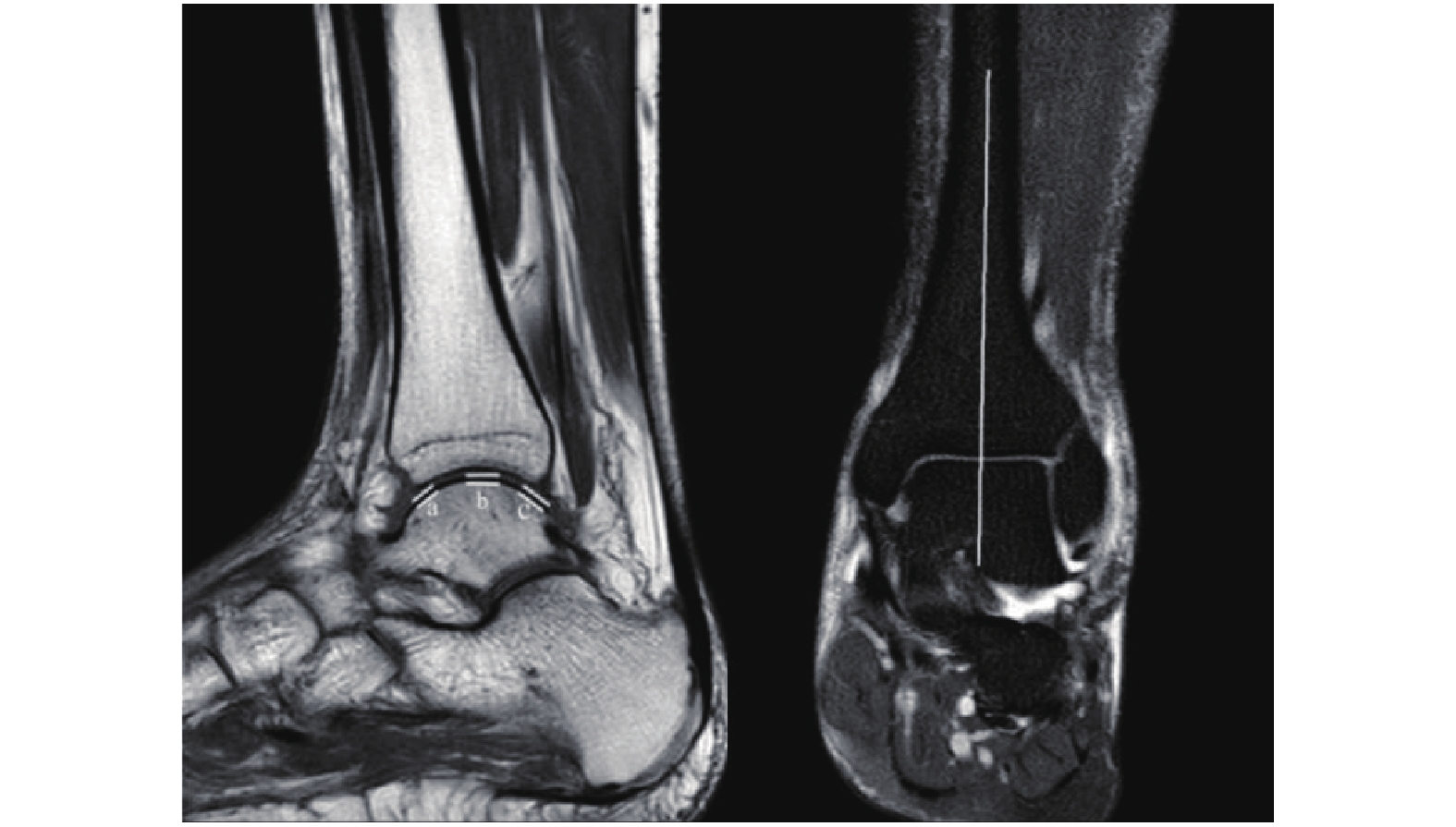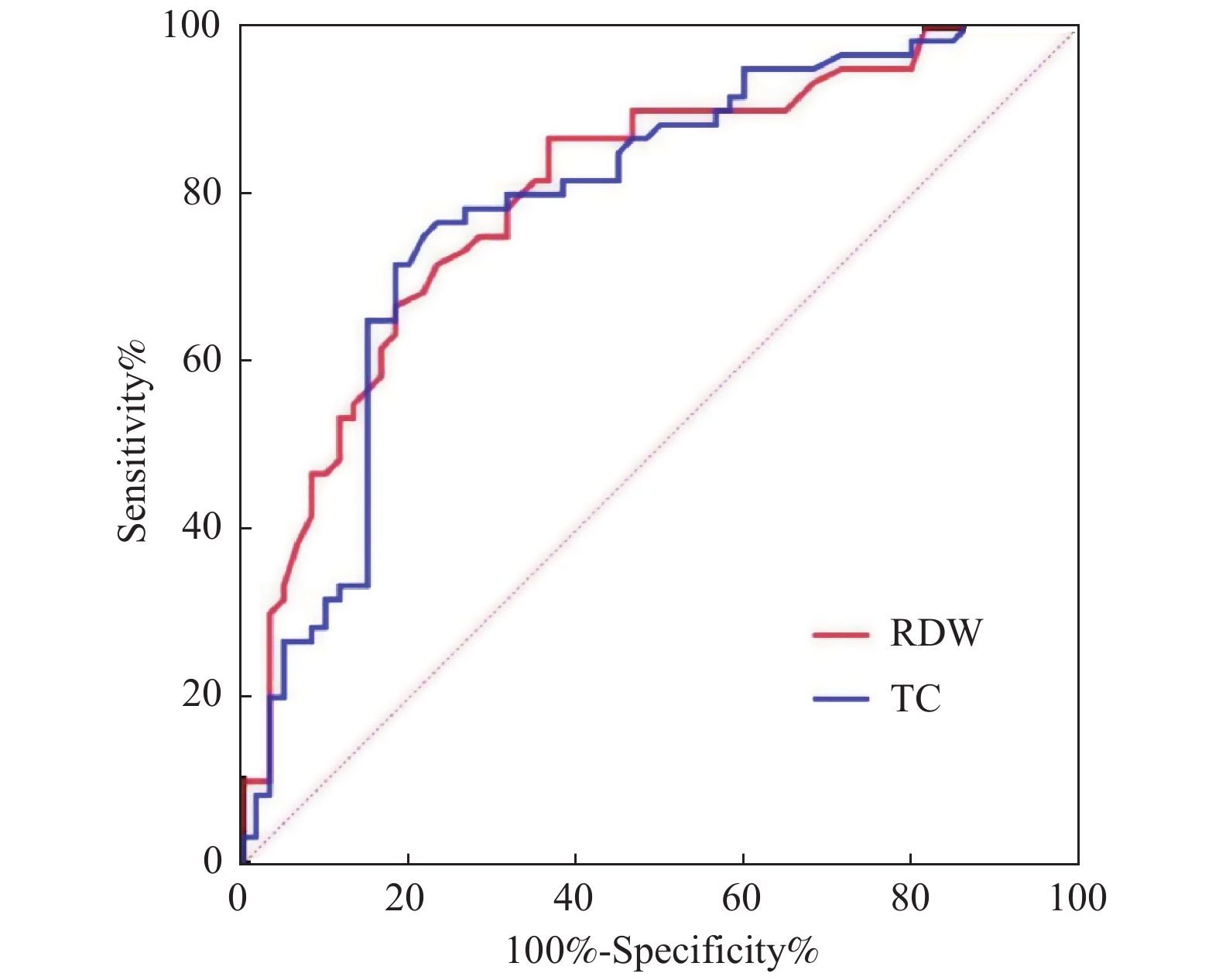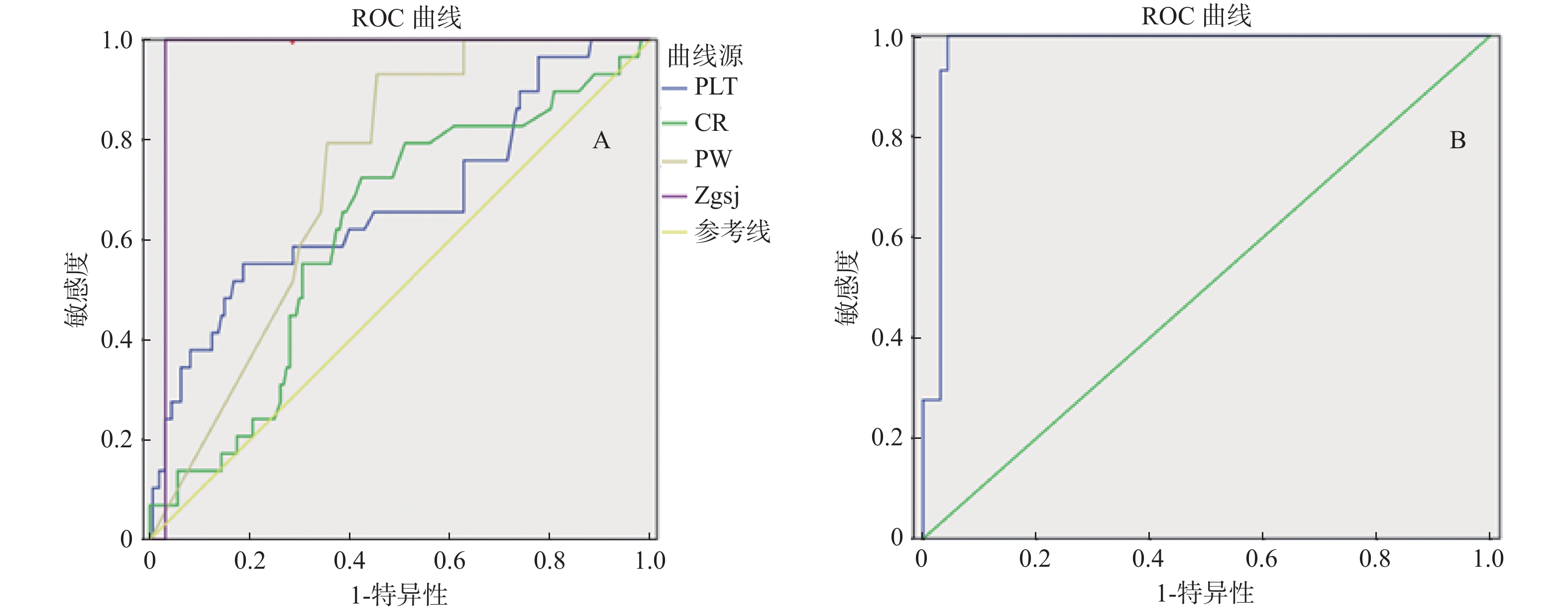2022 Vol. 43, No. 5
Heroin, a highly addictive drug that seriously harms the human health, can be ingested in multiple ways. Severe damages are commonly observed in the respiratory system. As an exogenous opioid, heroin can cause the respiratory depression by inhibiting the respiratory center. In fact, heroin affects the respiratory system in many other ways. It not only causes nasopharyngeal ulcers or emphysema by directly damaging the airways and lung tissues, but also induces asthma or eosinophilic pneumonia by affecting the body’s immunity. In addition, pulmonary toxicity of heroin can cause noncardiogenic pulmonary edema and pneumothorax when drugs are injected into the jugular vein. Because of the psychosocial environmental factors, heroin users are also at a high risk for pulmonary infectious diseases, such as pneumonia and tuberculosis. This article will provide a better understanding of the effects of heroin on the respiratory system by reviewing the current literature.
Thyroid cancer is the most common malignant tumor in endocrine system. Its morbidity is increasing worldwide year by year. The exact cause of thyroid cancer is still unclear. Radiation exposure, metabolic syndrome (such as obesity, hypertention, hyperlipidemia and diabetes), unhealthy life style, and environmental pollution are involved in the pathogenesis and development of thyroid cancer. Avoiding radiation exposure, controlling blood pressure, blood fat, blood glucose and body weight, improving life habits can be valid measures to prevent thyroid tumor. This paper is to summarize the risk factors and prevention measures of thyroid cancer.


 Email
Email RSS
RSS